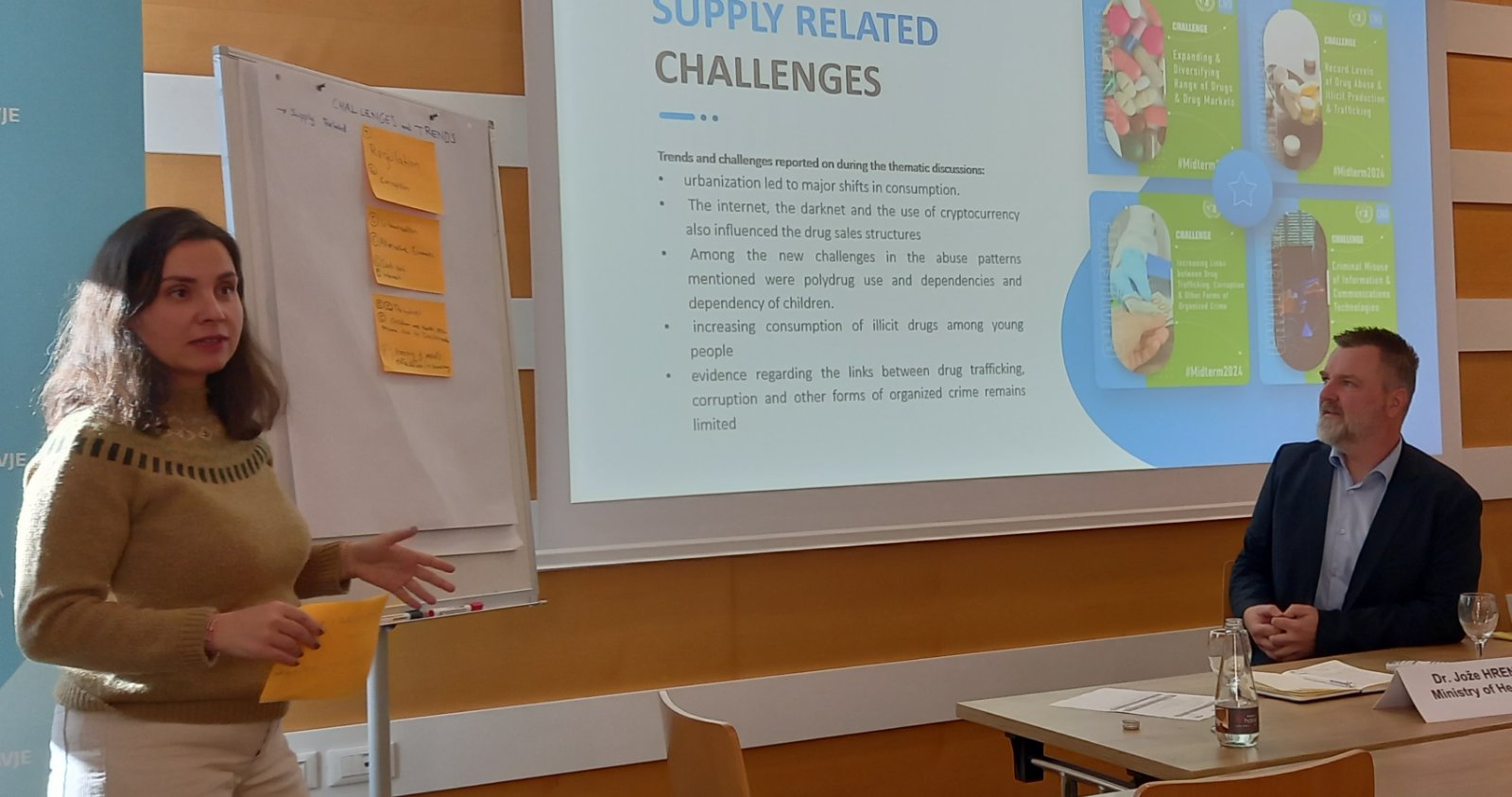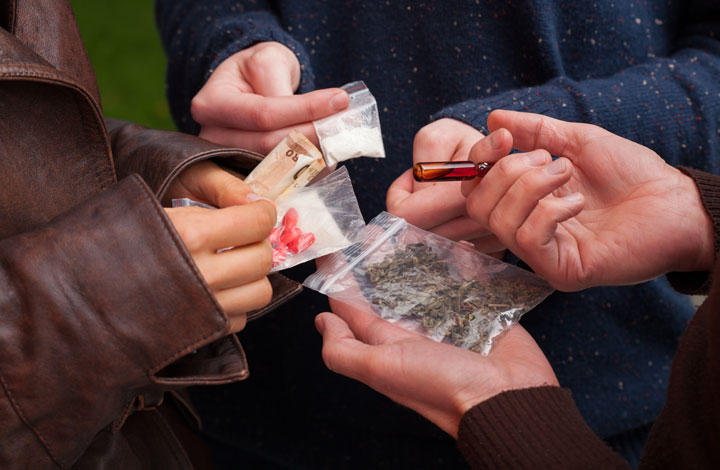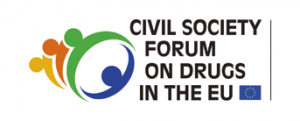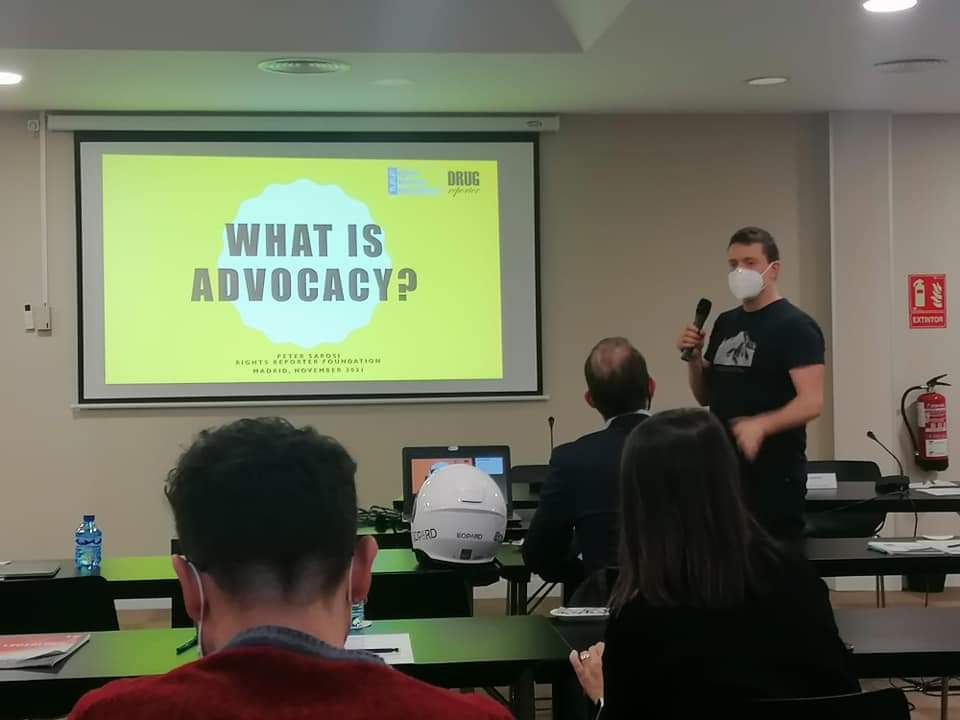The Plenary Annual Meeting of the Civil Society Forum on Drugs (CSFD) and the joint meeting between the CSFD and Members of the EU Horizontal Drugs Groups (HDG) was held on on 11 – 12 December 2024.
The new 3-years mandate of the CSFD kicked off in Brussels in December with the selection of 43 civil society organizations. The CSFD is an expert group of the European Commission aimed at supporting drug policy formulation and implementation.
DPNSEE was re-elected to the CSFD, following a very fruitfull mandate in which we chaired one of the working groups.
The DG HOME.D5 Organised Crime & Drugs UNit, European Commission Directorate-General Migration and Home Affairs, which supports work of the CSFD, presented upcoming Commission activities concerning drug policy , emphasising the current strong political impetus to act against drug trafficking and the risks posed by organised crime, while CSFD asked for more human rights, health and care focus of EU Drugs Policy, balanced with security focus, and offered to contribute its ample evidence and experience. The CSFD requested more focus and funding for demand reduction, prevention, treatment and harm reduction in the upcoming new EU Drugs Strategy, while political signs would point in the opposite direction of only concentrating on supply reduction. The CFSD was concerned about a criminalisation of drug use that would in its view lead to more crime and violence, while a people-centred and community-based approach, as well as security considerations, would plead for decriminalisation and decent care for those using drugs.
Following a DPNSEE intervention, the CSFD called for cooperation with DG Near on balanced approach to accession acquis of the EU candidate countries.
The CSFD is governed by a core group. The new organisation of the CSFD and the Core Group inscludes two thematic groups:
- Thematic Group 1: CSFD’s engagement with the EU towards UN institutions / CSFD’s engagement with the EU with third parties (bilateral dialogues, engagement with other entities, advocacy around accession of new Member States)
- Thematic Group 2: Flexible working group focusing on setting up ad hoc/time bound groups focusing on specific themes or research (e.g. violence; synthetic drugs; internal security strategy; new EU drugs strategy; contributions to EUDA CS engagement mechanism; indicators)

The Core Group members are: Ganna Dovbakh as chair (Euroasian Harm Reduction Association, Ukraine), Oriol Esculies as vice-chair (coordinator of the Oviedo Initiative, Proyecto Hombre, Spain), Milutin Milosevic (DPNSEE, Serbia), Stig Erik Sorheim (EURAD, Norway), Benjamin Tubiana-Rey (Fédération Addiction, France) and Marie Nougier (IDPC, UK).
At the 7. Joint meeting with HDG, participants discussed EU preparedness for synthetic drug threats, developments in the Commission on Narcotic Drugs (CND), recent and upcoming Dialogues on Drugs with third countries and regions, and drug-markets related violence.



 The Forum membership comprises 45 civil society organisations coming from across Europe and representing a variety of fields of drug policy, and a variety of stances within those fields. Its purpose is to provide a broad platform for a structured dialogue between the Commission and the European civil society which supports drug policy formulation and implementation through practical advice.
The Forum membership comprises 45 civil society organisations coming from across Europe and representing a variety of fields of drug policy, and a variety of stances within those fields. Its purpose is to provide a broad platform for a structured dialogue between the Commission and the European civil society which supports drug policy formulation and implementation through practical advice.






 Member organisations of the Civil Society Forum on Drugs (
Member organisations of the Civil Society Forum on Drugs (



